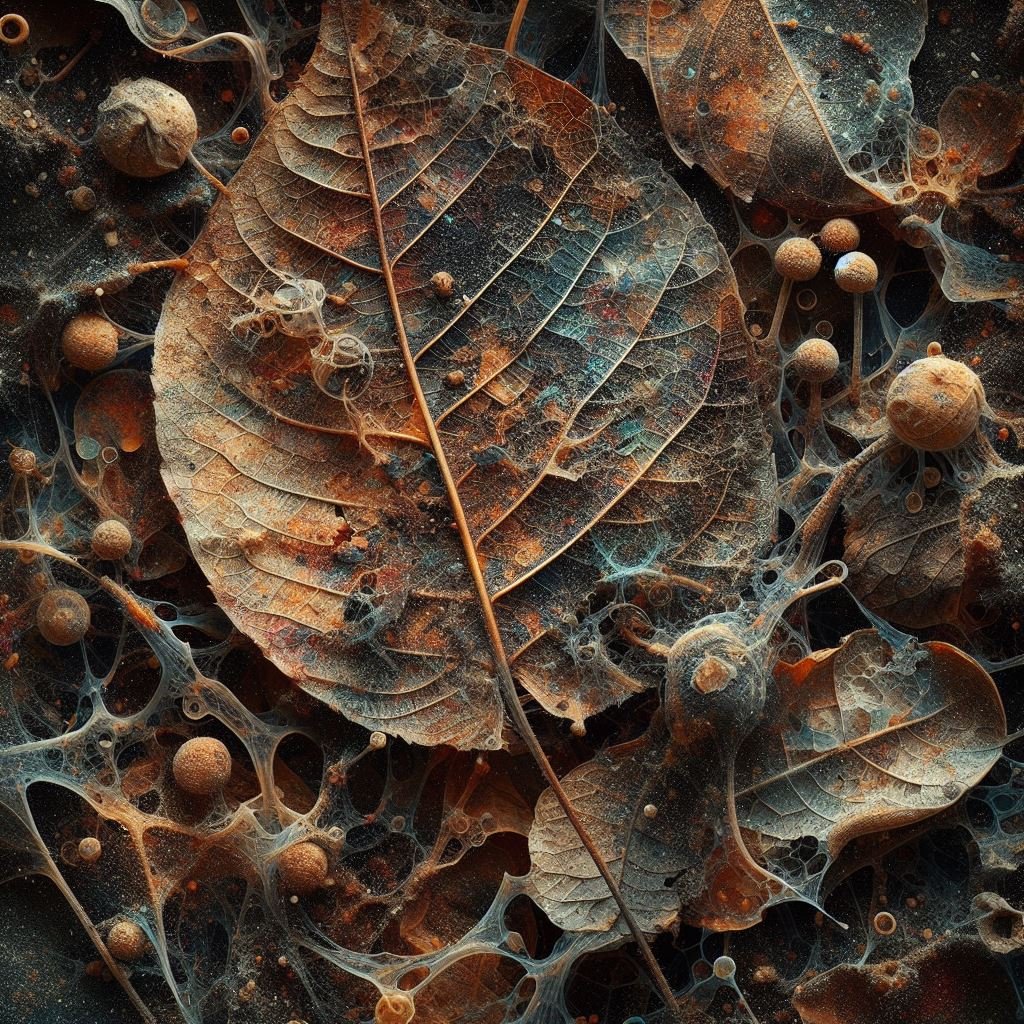Somewhere, over there
It must have been almost 15 years ago now, that I first sat (and shat) on a dry toilet.
Living in Chicago at the time, I travelled to the Ecuadorian Andes and spent, together with my partner, a couple of days at the Black Sheep Inn.
Our bathroom was equipped with an indoor garden as well as a composting toilet.
It was the first time I saw one.
(In short: instead of flushing away pee and poo with water, you add sawdust -or other 'dry material' like leaves, ultimately creating fertile compost. As they say on the website: "Imagine turning 'poop' into sweet smelling roses!")
After some initial doubts: will it stink?
It did change my view on using restrooms forever.
So... at home, we use clean water, DRINKING WATER, which is scarce in so many places in the world, and we use it to flush our excrement away. After which, it simply 'disappears'...
The inn was beautiful, the food amazing, and we made an incredible hike to Laguna Quilotoa.
But it is the Black Sheep's Inn toilet, that I will never forget.
Last summer, I was reminded of that moment, of that revelation, at the Symposium 'Towards the Symbiocene'.
Lisa Doeland, philosopher and author of the book Apocalypsofie ('Apocalypsophy') spoke about how we dream of a world where what we throw away is actually gone, where everything can be cleaned up and dissolved.
She quoted Timothy Morton, highlighting that 'there is no "away"'.
"Here’s where you live, and here’s this place called “away.” “Away” is sort of over there, somewhere in this field or on this mountain, over there somewhere, over yonder. The trouble is we now know that there’s no such thing as over yonder".
And it made me think immediately of the Ecuadorian dry toilet. Doeland:
"What if we think of the end of the world as something that has already occurred? And what if instead we inquire into the ends of worlds (plural)? We should think of the Apocalypse as engagement with the impossibility of the present".
The cover of her book shows art work of Vanden Eynde who created 'plastic reefs' out of plastic debris extracted from the oceans: "He melted the plastic, which took on a seemingly more natural form, resembling a colourful coral reef."
The impossibility of the present...
Doeland points out that Apocalypse literally means “revelation” (apokaluptein: ‘uncover, reveal’, from apo- ‘un-’ + kaluptein ‘to cover’)
And so, my moment on the dry toilet in Ecuador was a mini-revelation. A micro-apocalypse. The world in which I assumed that flushing the toilet with drinking water was the most logical thing to do had crumbled. And it will now stay crumbled. Forever.
It did not translate yet into a different behaviour. 15 years later, I am still flushing it, on a daily basis, living in Amsterdam, my home connected to the city's sewage system.
But the craziness of it, I will not unsee.
And, my partner, trained as an industrial designer, is now sketching out dry toilets in his free time.
So who knows, what the future holds.




